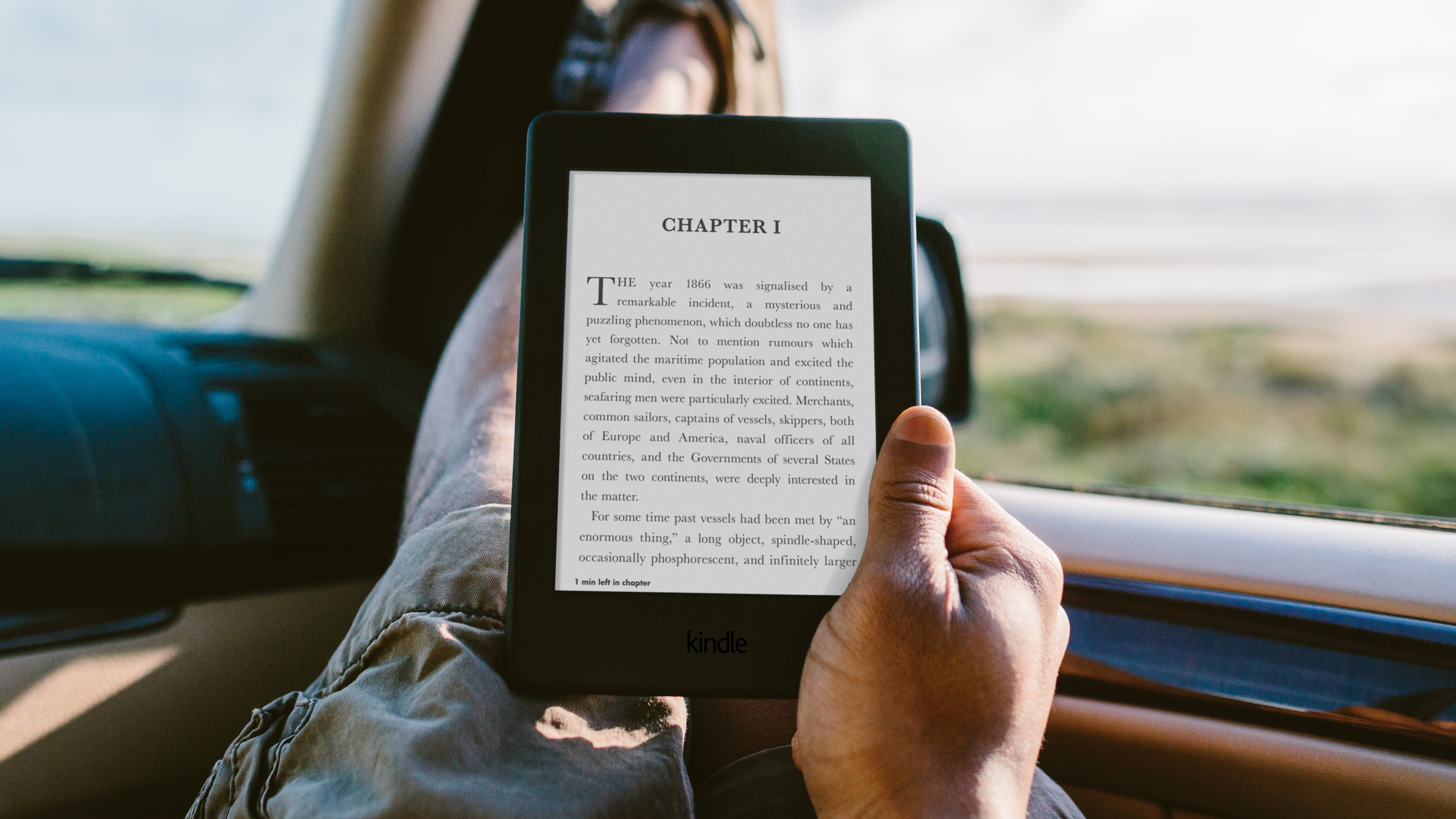Amazon's pay-per-page policy is a flipping disgrace
Paying authors by pages read is a recipe for bad writing

To all you self-publishing authors out there, Amazon has a novel proposal: it's going to pay you based on how many pages of your book people read, not the number of copies sold or "borrowed."
Starting July 1, any author who self-publishes on Kindle Unlimited or Kindle Lending Library, through the Amazon KDP Select program, will be part of this experiment.
So it solves one problem – the author of a longer book will potentially earn more royalties then one whose book is half the size, currently not the case – at the expense of another slight, niggling thing: the content itself.
Amazon is squeezing writers and manipulating creativity for the sake of sales. It's preposterous, devaluing, and yet another example of technology screwing with art.
"We're making this switch in response to great feedback we received from authors who asked us to better align payout with the length of books and how much customers read," Amazon explained. "Under the new payment method, you'll be paid for each page individual customers read of your book, the first time they read it."
Looking to make a mint? You'd better have a rip-roaring page-turner on your hands. It's not? Time for that fifth rewrite, eh?
Kindle Limited
If your problem is authors trying to game the system with short stories then we have to find a better way of solving the problem. Length shouldn't be a metric of quality anyway. I don't walk into a book shop and start weighing hardbacks to determine which one's giving me most "value for money".
Get daily insight, inspiration and deals in your inbox
Sign up for breaking news, reviews, opinion, top tech deals, and more.
This isn't like Spotify, where paying for a single play of a song makes sense. A book must be consumed as a whole, page by page.
Amazon's proposition, however, could affect the way books are written, encouraging cliffhangers and a more engrossing writing style. Those might sound like positives, but the reality is Amazon nudging authors to be more formulaic and we, the readers, will pay for it.
Authors will be incentivised to stretch their work out over more pages. Short stories, the source of many larger works of fiction and movies, will become less common.
The mentality of self-publishers looking for success will now be: write how Amazon wants me to write. What's more, the KDP Select program demands exclusivity, which is only going to further encourage authors to game the system where possible.
But most important of all, it's not for Amazon to decide any of this. It's a book seller and conduit of self-publishers. It's an enabler for artists, not an arbiter of what art should be. I get that it's difficult to judge the value of a good book, but this is not the solution.
My hope is that Amazon will soon realise why its new system is wrong, but I fear that this is a growing trend of technology and art coming together at an unhealthy intersection.
Hugh Langley is the ex-News Editor of TechRadar. He had written for many magazines and websites including Business Insider, The Telegraph, IGN, Gizmodo, Entrepreneur Magazine, WIRED (UK), TrustedReviews, Business Insider Australia, Business Insider India, Business Insider Singapore, Wareable, The Ambient and more.
Hugh is now a correspondent at Business Insider covering Google and Alphabet, and has the unfortunate distinction of accidentally linking the TechRadar homepage to a rival publication.
